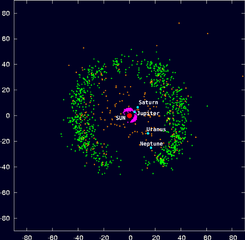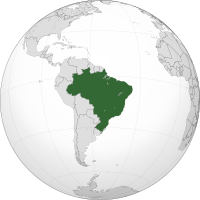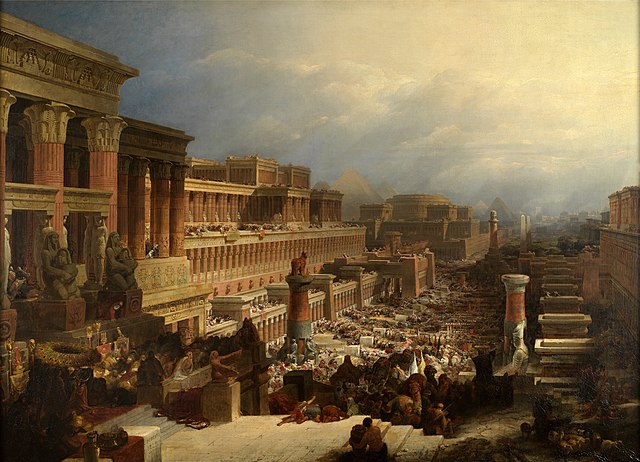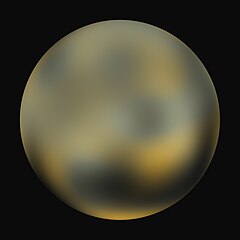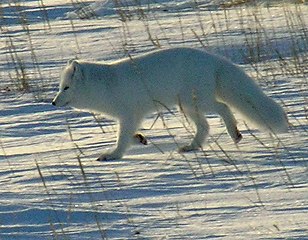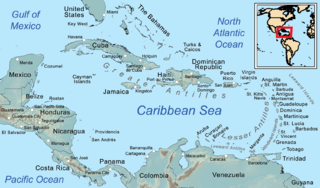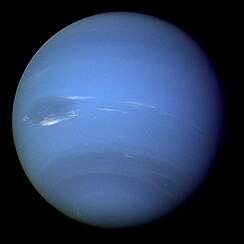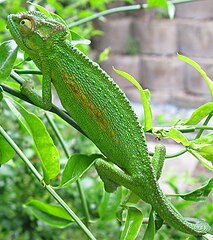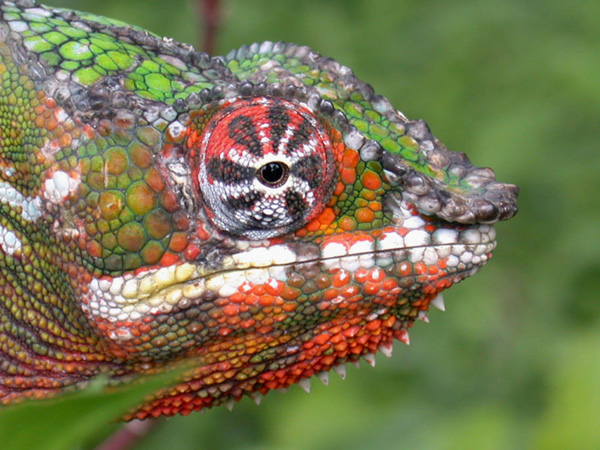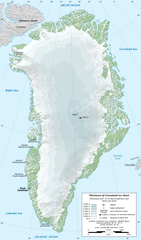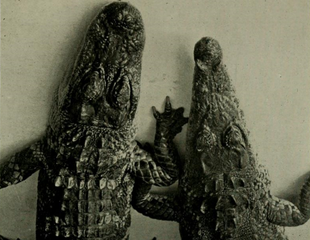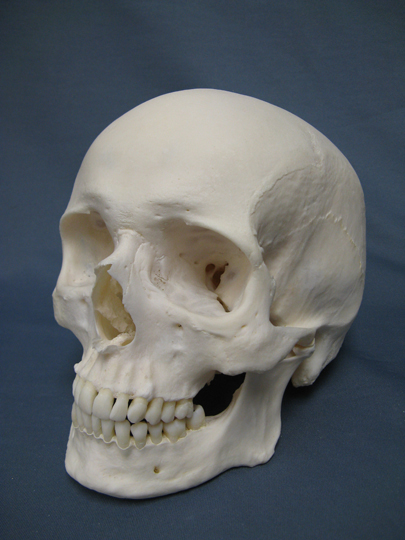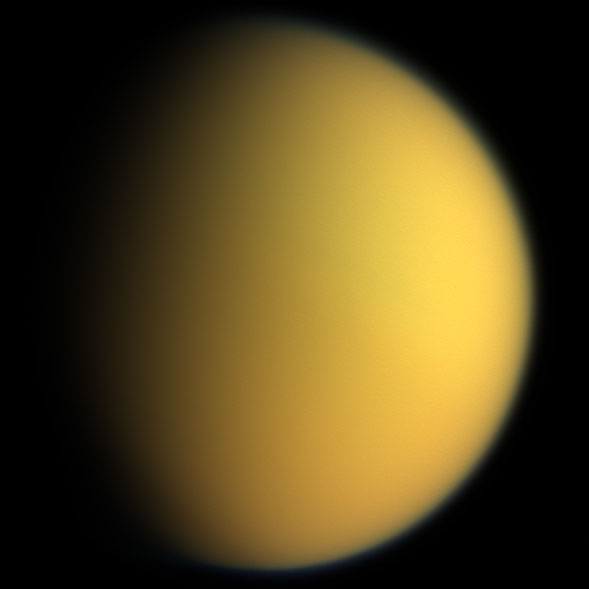We just learned a little about
Light Bulbs.
Have you ever gone sledding in the snow?
What about swimming in a pool?
Have you ever seen water boil on a stove?
What about a bright neon sign for a store?
If so, then you've seen the four types of
matter in our world:
solid,
liquid,
gas and
plasma

(from: wikipedia -
states of matter)
We see water all the time in three of the four types.
An ice cube is water when it's
solid,
and the steam that rises from boiling water is actually the water turning into a
gas.
There are lots of types of solids made from things other than water,
like the dirt you walk on, or the chair you sit in.
Solids can turn to liquids when they get hotter, like lava is actually rock as a liquid!
Sometimes gases are really hot like steam from water,
but sometimes gases are just normal temperature like the air we breathe.
Plasma is what happens when a gas gets really hot, and when the parts of the gas get really full of energy, and whenever you see a bright neon sign, it's filled with plasma!
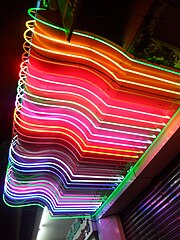
(from: wikipedia -
neon sign)

